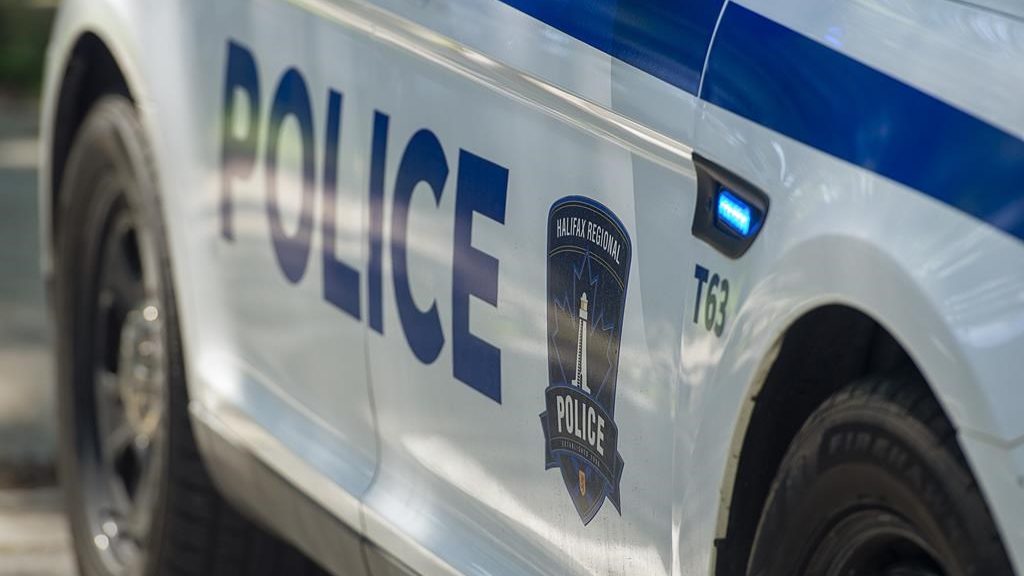Pharmacists hope tick assessments can help with rising cases of Lyme disease
Posted Apr 5, 2022 01:45:00 PM.
The Pharmacy Association of Nova Scotia remains concerned about rising cases of Lyme disease.
Last fall, the provincial government announced Nova Scotians can now head to their local pharmacy if they've been bitten by a tick.
“What pharmacists can do is provide a free service to assess and prevent Lyme disease,” said Diane Harpell, the chair of the Pharmacy Association of Nova Scotia.
Previously, we had to see a physician or nurse practitioner in order for the assessment to be covered by the province.
Although the patient will still have to pay for the treatment, Harpell hopes the free diagnosis will help with the worrying rise of Lyme disease in the province.
Last year, Curtis Chafe, the association's past chair, told the CBC Lyme disease cases had increased tenfold in 10 years.
“I have already taken two ticks from my dogs… that's a lot more than I would have done this time last year or in the years past,” Harpell said Monday.
With decreasing rural populations and time indoors increasing, one might think tick bites would be falling. But Harpell says it could be a consequence of urban planning in HRM.
“We've been kind of moving to the urban sprawl, where there are more and more houses moving into areas where there are a lot of deer… we're kind of taking over that habitat,” Harpell said.
The association recommends parents teach their kids to routinely check their bodies after playing outside, particularly in wooded or tall grass areas.
“You're going to make that distinction pretty quickly on whether or not it's a tick, and then where the next step comes in is trying to determine whether it's the type of tick that you need to be concerned about. And that's where going to the pharmacy having that discussion is really important,”
The deer tick — also called a blacklegged tick — is the primary concern for Lyme disease in Nova Scotia. The association recommends bringing the insect to the pharmacy for identification.
“Put it in a plastic zip-lock bag or into a container and bring it in. We can look at it for you,” Harpell said.










